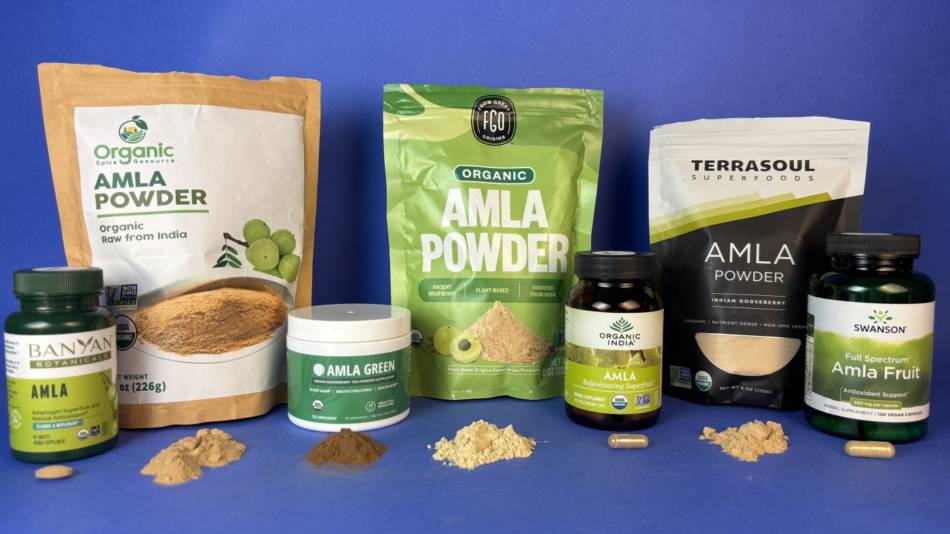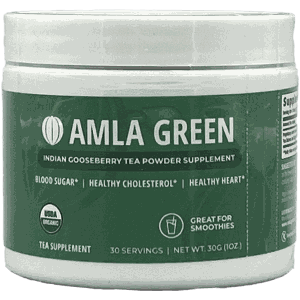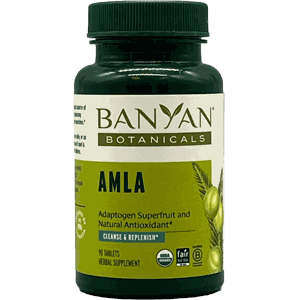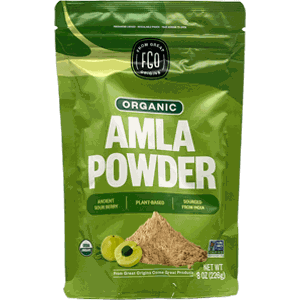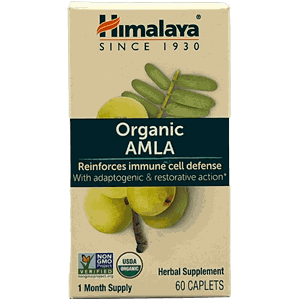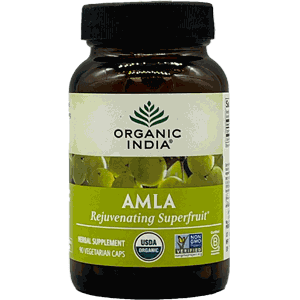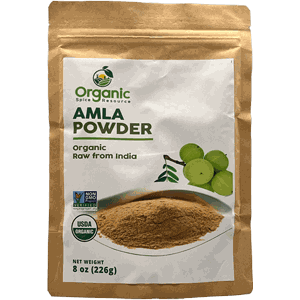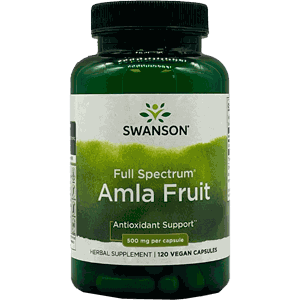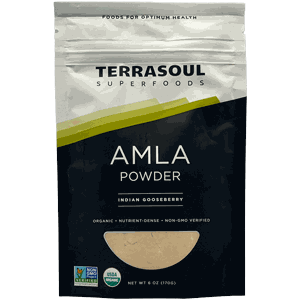Summary
What is amla?
Amla (Emblica officinalis) supplements contain powder or extract made from amla fruit (also known as Indian Gooseberry). These may be standardized to levels of compounds such as phenols or, more specifically, tannins or gallic acid equivalents. These compounds give amla tartness and astringency and may be responsible for the effects of amla. Amla is also sold as fresh fruit, frozen fruit, fruit juice, and syrup (see What It Is).
Which amla supplement is best?
ConsumerLab 's independent tests of popular amla supplements found that most did not meet ConsumerLab's standards for amla quality because they lacked the full chemical profile of amla and/or contained less than expected total amounts phenolic compounds. Some contained slightly more lead than others, although none exceeded strict contamination limits for lead or other heavy metals (arsenic, cadmium, and mercury) (see What CL Found and How Products Were Evaluated).
Only three of eight amla products were Approved for quality, two of which are our Top Picks based on superior quality and value.
What are the health benefits of amla?
Small and preliminary studies suggest that amla may be helpful in diabetes, cholesterol lowering, high blood pressure, gastroesophageal reflux disease (GERD), colds and flu, but more conclusive research is needed. Amla has not been shown to help with hair growth and there is little evidence of it helping with liver or kidney function, Alzheimer's disease and dementia, macular degeneration, aging skin, and cancer (see What It Does).
How much amla is taken?
Doses of 1 to 3 grams daily of amla fruit powder or amla fruit extract have been used in studies for blood sugar control, while 500 mg daily has been used for cholesterol lowering.
Amla safety and side effects:
Amla fruit is safe to consume in normal dietary amounts, but be aware that amla might affect blood sugar control and blood clotting as well as increase urine output and interfere with anticholinergic drugs such as atropine (Atropen) and benztropine (Cogentin) (see details in Concerns and Cautions).

